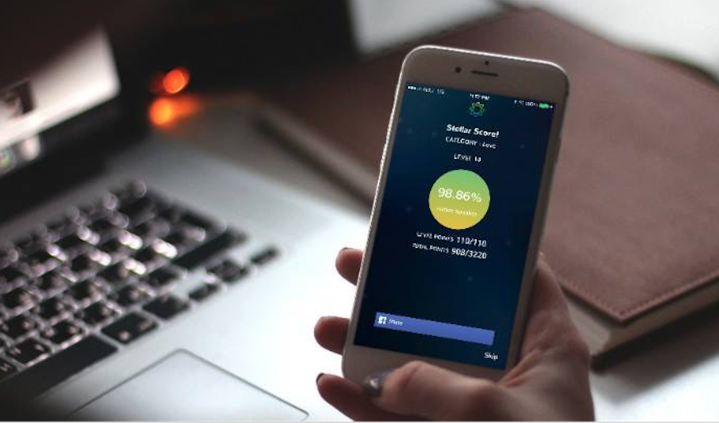
Often considered the most bland and least identifiable of American speech idiosyncrasies, the Midwestern accent seemed the natural choice for Elsa Speak’s first endeavor. ”We chose a Midwestern accent because we talked to a lot of speech therapists and they said this is the most commonly understood accent that people should learn,” Elsa founder Vu Van told VentureBeat. But that doesn’t mean the app isn’t looking into other speech patterns as well. Indeed, Van used an app to mask her Vietnamese accent when she first immigrated to the U.S., and soon, she hopes to apply the same technology in other scenarios.
In an interview, Van noted that the obvious difference in economic opportunity that can result from varying degrees of English proficiency inspired her to create the app. “Growing up in Vietnam, speaking English is a big advantage. You can go into a job interview and just because you speak better English they automatically give you a better job,” she said. And already, her Midwestern accent app has been downloaded 90,000 times by over 70,000 users. For context, she only launched the service in March.
The app, however, is not meant to erase a person’s cultural identity. In some sense, Van believes, accents are just a part of a person’s presentation — but they’re not an integral part of who we are. “We don’t want to give anybody an American accent. What we want to do is give people that certain level of understandability and fluency so you step over that hurdle of being [perceived as] not talented and people judge you. We say you should keep your own accent so you can keep your own identity, and that brings certain truth to what you say,” she said.
Moving forward, Van believes that her technology could not only be used for ESL individuals, but also those who suffer from speech impediments. “We build our own voice recognition technology that gives us that unique ability to detect the errors when people speak English,” she noted. “And when they do their pronunciation we then tell them exactly what sound or vowels or consonants they don’t pronounce correctly after their say the sentence.”


